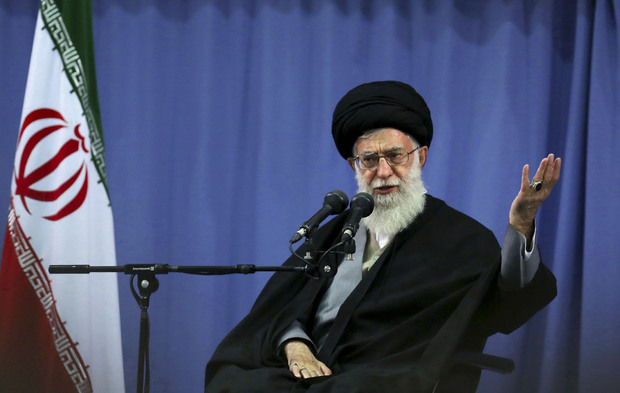The United States has ended its wars in Iraq and Afghanistan. And the government is now enacting major cuts in defense spending. As a result, some of the biggest defense contractors now have reasons to be worried. There is less money for contractors but more competition for a smaller pool of money.
Companies that draw a lot of revenue from government contracting such as Lockheed Martin (NYSE: LMT) must adjust. Lockheed currently gets over 80% of its revenue from defense contracts and its biggest contract is an $3.48 billion aircraft contract. However, defense spending is shifting away from traditional military hardware to cyber-security and drones. President Obama is boosting the Pentagon’s spending on cyber-security 21% this year, to $4.7 billion. The government plans to spend a total of $13 billion on cyber-security in 2013.
As a result, companies that are positioned to supply the government with cyber-warfare technology and consulting will do well. SAIC (NYSE: SAI), which is planning to spin its information technology services division off from its other businesses, is one example. Another is Booz Allen Hamilton (NYSE: BAH), one of the top firms for defense cyber-security contracting and the company that just got an $11 billion Homeland Security contract.
Unmanned drones are another field that is expanding as traditional warfare contracts dry up. Northrop Grumman (NYSE: NOC) can expect to benefit from this trend. Northrop continues to win contracts related to drones, including a $434 million support contract for its Global Hawk long-endurance drone and a $37 million engineering contract for the Hunter surveillance drone.
Others contractors aren’t holding their breath as the government focuses spending on protecting its computer networks and unmanned aerial vehicles. General Dynamics (NYSE: GD) gets almost two thirds of its revenue from U.S. government contracts. But it hopes to make up the expected gap in future defense earnings through its Gulfstream division which is performing well, especially in Asia.
All of these companies are now going to be fighting for government contracts that are smaller in size and focused on a different type of war. While Lockheed Martin is a necessity for supplying military hardware, it’s hard to see it growing in this new environment. Its business is too dependent on traditional warfare. They will need to start pivoting away from this in order to succeed.
SAIC could do well, especially when it completes its computer services spinoff — keep a very close eye on them. Booz Allen Hamilton is the company that probably has the best prospects of all the contractors here. Its focus on consulting has lower overhead and higher margins than other government-focused business. Plus, the cyber-security focus that it has is in very high demand right now.
Northrop Grumman will do well with its drone expertise, as its early development in this space will pay off enormously. General Dynamics, which is trying to compete in the drone space, has been touting its Gulfstream division, but its backlog for planes has been decreasing. The obvious truth is that it is going to win less government money than it did in the past and has not come up with a contingency plan yet.
—-
Click below for the full article.





